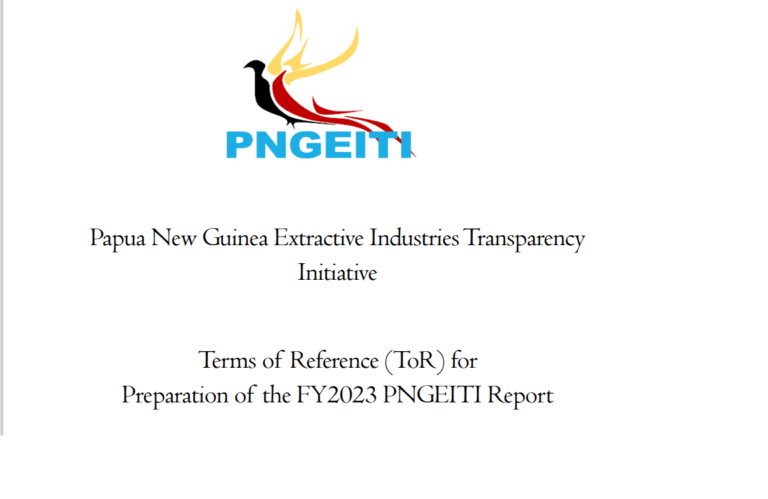Anomalies in the extractive industry governance system in Papua New Guinea can only be tidied up by parties other than the PNG Extractive Industries Transparency Initiative (PNGEITI) with Government agencies taking a lead.
Head of the PNGEITI National Secretariat Mr. Lucas Alkan was commenting on a recent report by an overseas media on two Australian companies omitting corporate income tax in certain recent years.
The Guardian publication on its website “Australian mining companies have paid little or no corporate income tax in PNG despite huge profits “on Tuesday 8th June, 2021 depicted a complex PNG taxation system that created room for anomalies . The news publication corroborated the findings of the 2018 PNGEITI Report with other sources.
According to this report;
- St Barbara, operator of the Simberi Mine in New Ireland Province paid no corporate income tax between 2012 & 2020
- Newcrest, operator of the Lihir mine in New Ireland Province paid nothing as well in corporate income tax during the 2017/2016 financial years.
“PNGEITI, through the reporting process sheds light on revenue leakages, policy and legislative inefficiencies and ineffectiveness with the aim of influencing policy thinking to help shape a robust governance system in the mining and petroleum sector,” Mr Lucas Alkan said.
He explained that PNGEITI detects the anomalies and defects in the system and “it is the onus of stakeholders in the industry to take the relevant decision to make things work better for the industry.”
“PNGEITI’s core mandate is to promote revenue transparency in the mining and value chain through the publication of the EITI reports which is a culmination of efforts of a Multi-Stakeholder Group comprising industry companies, relevant government agencies and civil society organisations.
EITI work in PNG and other EITI member countries is limited to reporting and working on ways to improve successive reports. Report recommendations and findings are left open to the public with the hope that those findings and recommendations may receive the attention that they deserve and acted upon. When the EITI reports are published, EITI becomes the backend with the discretion now with parties concerned to act upon. “Mr Alkan said.
“The EITI Reporting process in PNG continues to facilitate critical policy and legislative reforms and improvement in current institutional capacities and business practices on key Government department and agencies for improved governance of the extractive sector.
One example is the Department of Petroleum & Energy. It has benefited from a JICA and PNGEITI technical cooperation with the installation of electronic license registry as a result of earlier EITI reports decrying its paper ledger license registry which was prone to fire hazards,” he said.
Mr. Alkan urged members of the public to make productive use of the PNGEITI reports and to come up with constructive and sensible debates on matters affecting the industry.





